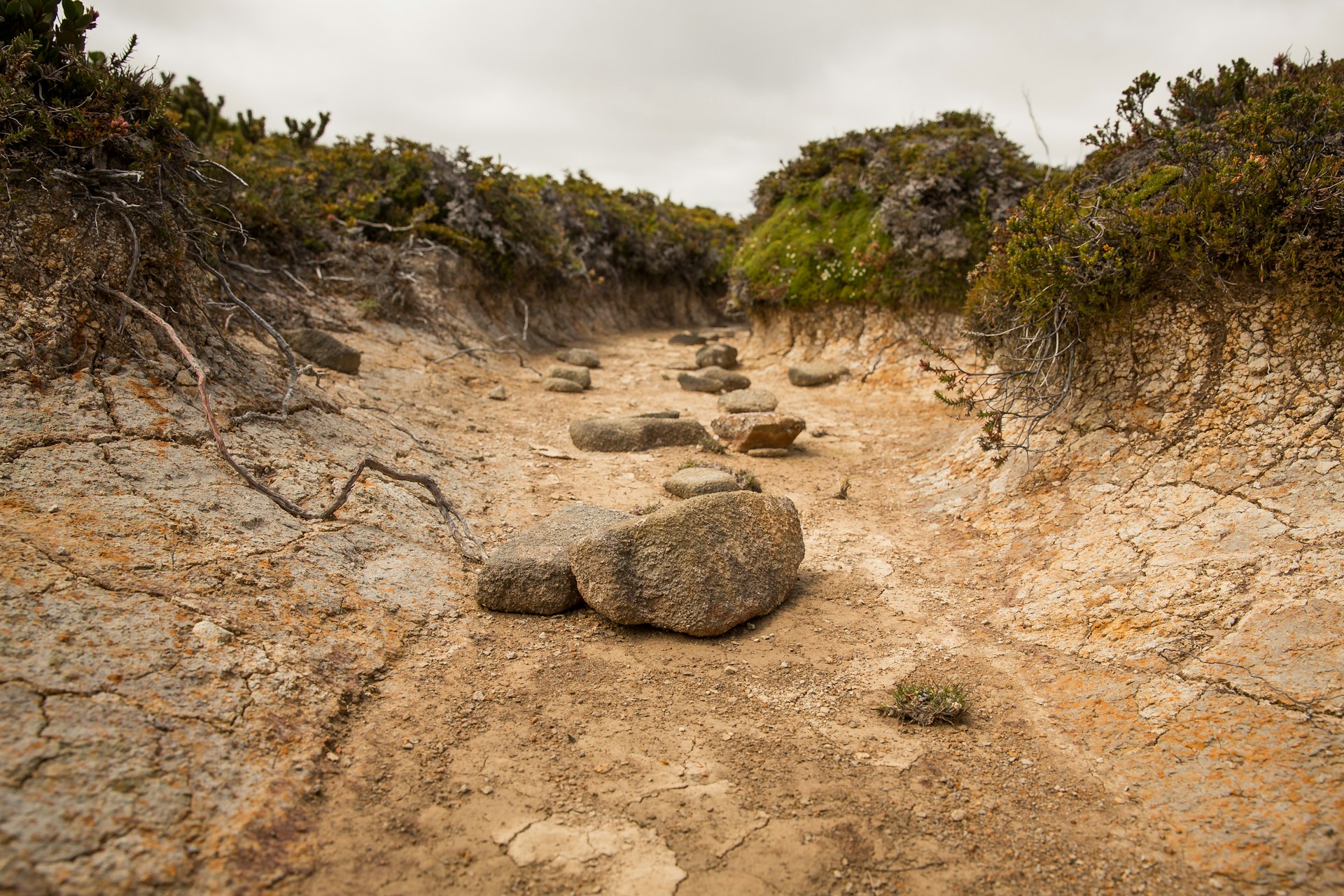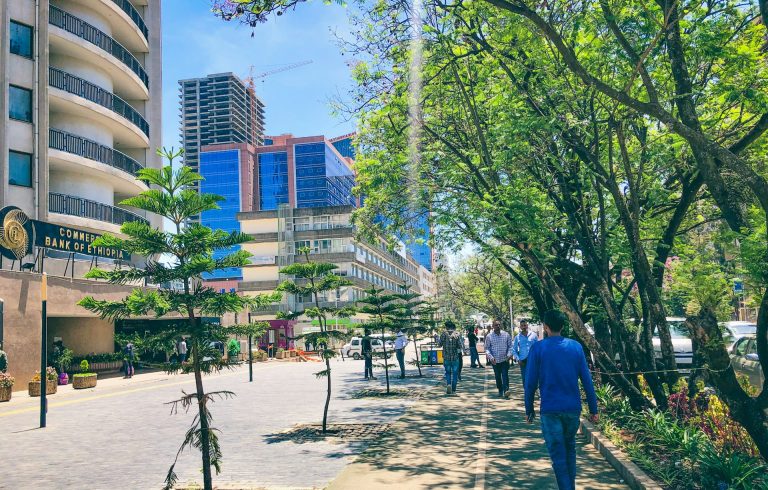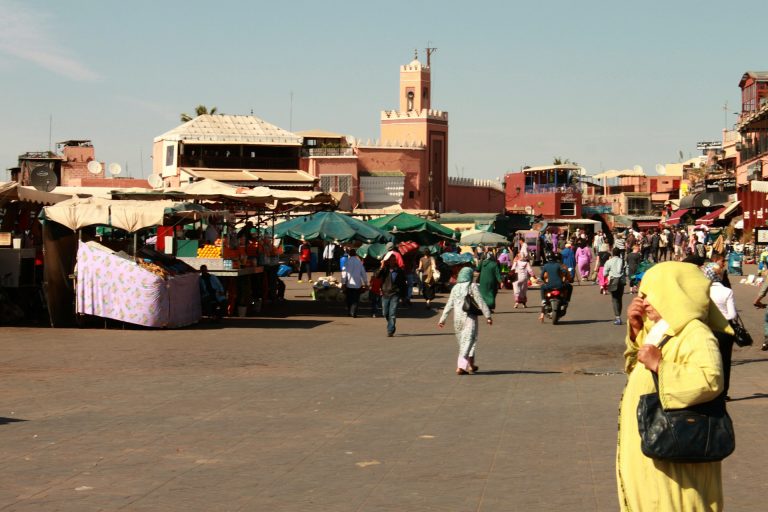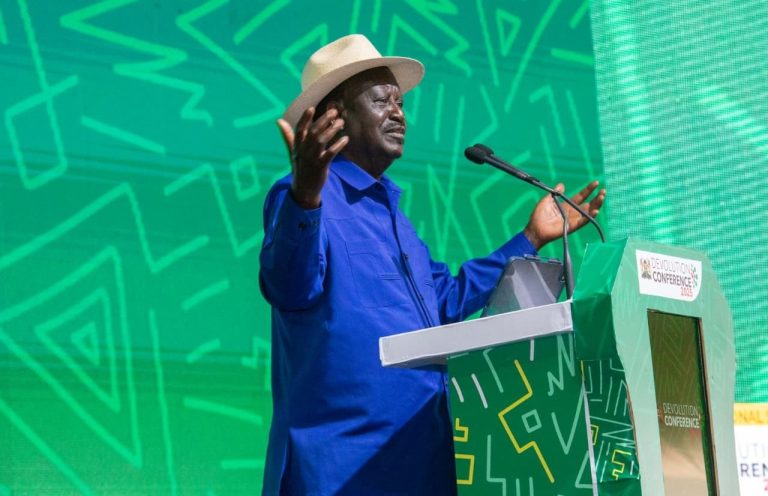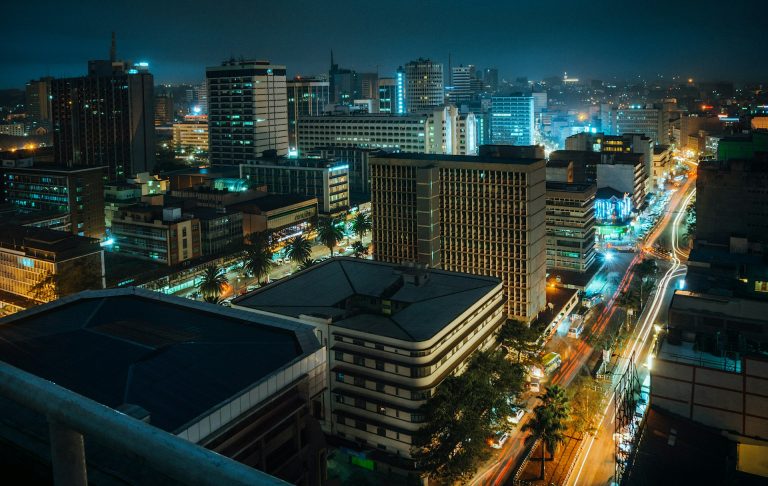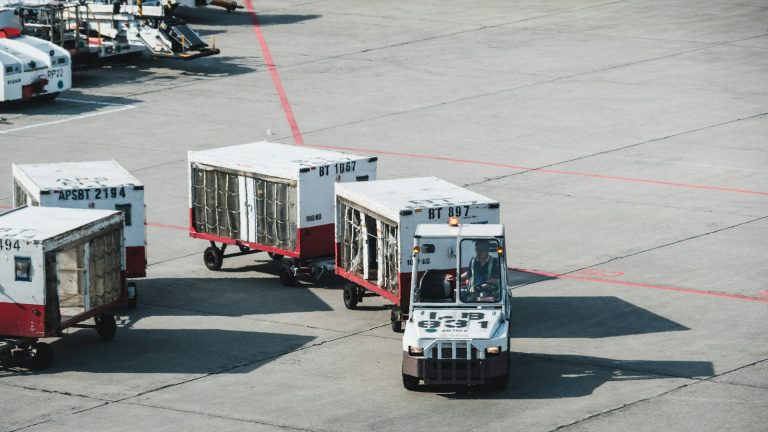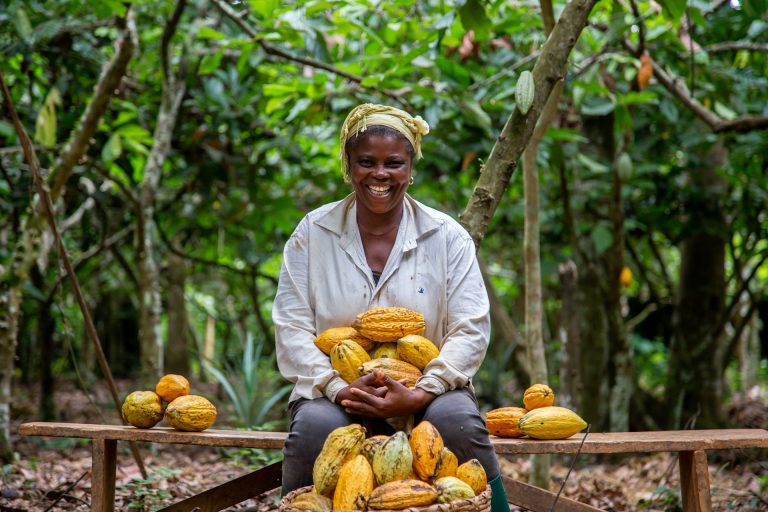- Kigali targets $12bn for climate resilience and emission cuts by 2035
- Plan to be launched at COP30 in Brazil next month
KIGALI, RWANDA – Rwanda has unveiled a new $12 billion climate action plan to guide its response to worsening floods, droughts, and emissions through 2035.
The plan, which awaits cabinet approval before its formal launch at the COP30 climate summit in Brazil, aims to build on the country’s previous decade-long climate investment programme that mobilised $11 billion. Funding will come from a mix of domestic and international sources, in one of Africa’s most ambitious national efforts yet to achieve resilience and green growth.
Under the proposal, Kigali plans to allocate $7 billion for adaptation measures targeting floods in western Rwanda and recurring droughts across the country’s dry zones. Another $4 billion will fund mitigation efforts focused on reducing greenhouse gas emissions.
“In order to reach this goal as a country, we shall need both domestic and international financing support,” said Thadée Twagirimana, Acting Director-General for Environment and Climate Change at the Ministry of Environment.
The government expects to raise $1.6 billion domestically and $5.4 billion from external partners, particularly developed nations in line with the Paris Agreement commitments.
“Climate resilience measures will include accelerating water management through land restoration, flood protection, improved irrigation, and enhanced water quality monitoring,” Twagirimana added.
Long-term sustainability vision
According to Rwanda’s updated Nationally Determined Contributions (NDC 3.0), the country is targeting a 53% reduction in emissions by 2035, equivalent to nearly 14.9 million tonnes of carbon dioxide.
Over the past three decades, Rwanda has earned global recognition for its green policies, expanding forest cover from 20% to 30.4%, restoring degraded lands, and preserving biodiversity in protected areas such as Nyungwe National Park, a UNESCO World Heritage Site, and the Gishwati–Mukura Biosphere Reserve. Kigali also became the first Sub-Saharan African city to receive the Ramsar Wetland City Accreditation.
The new plan builds on the Green Growth and Climate Resilience Strategy adopted in 2011, with a long-term vision extending to 2050.
Experts say the initiative reinforces the global call for shared responsibility in addressing climate change, reflecting the principle of “common but differentiated responsibilities” that underpins international climate cooperation.
